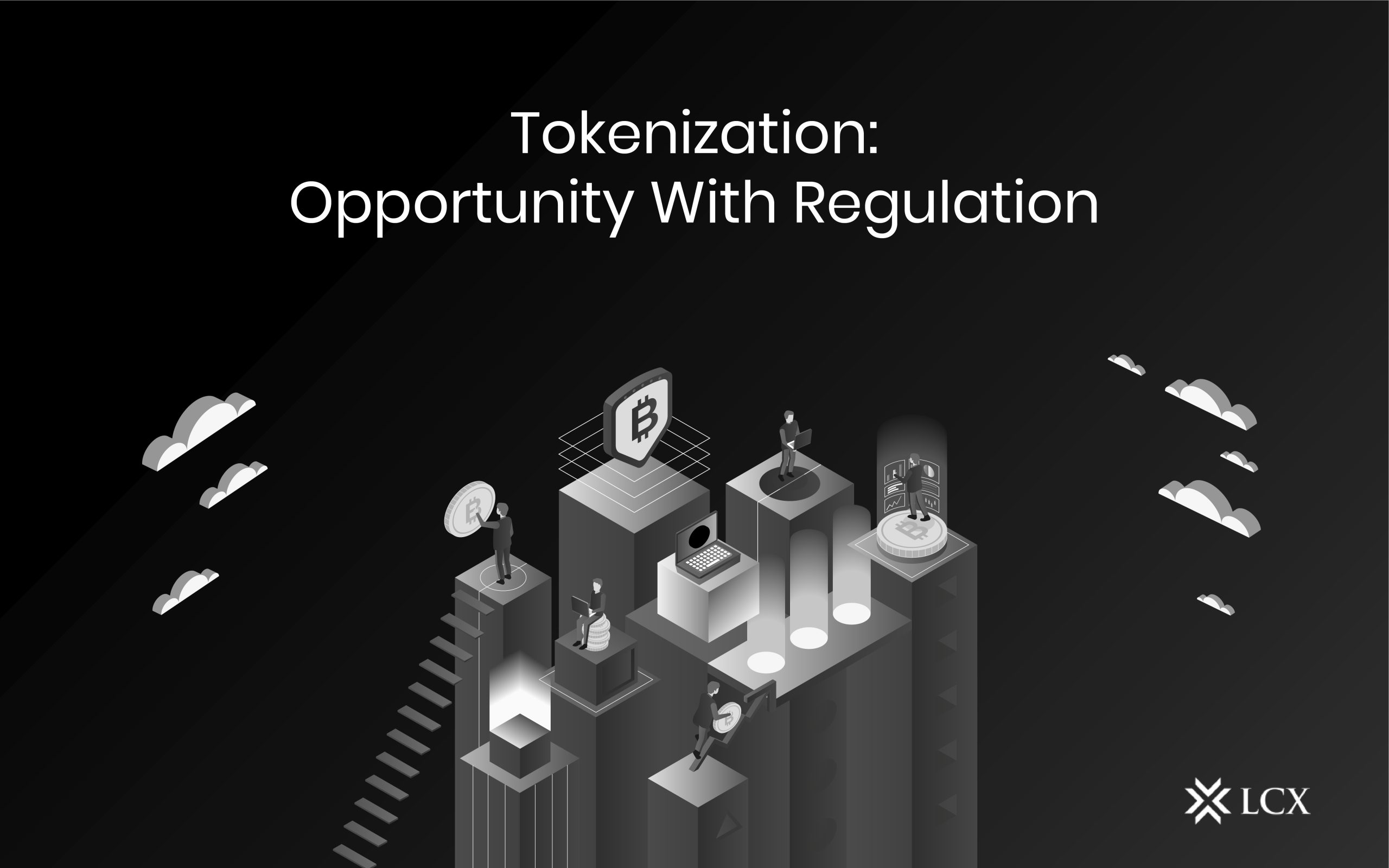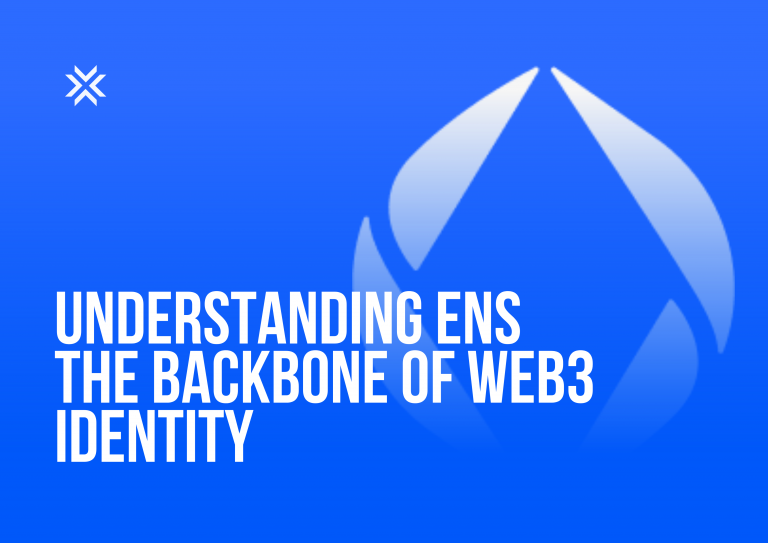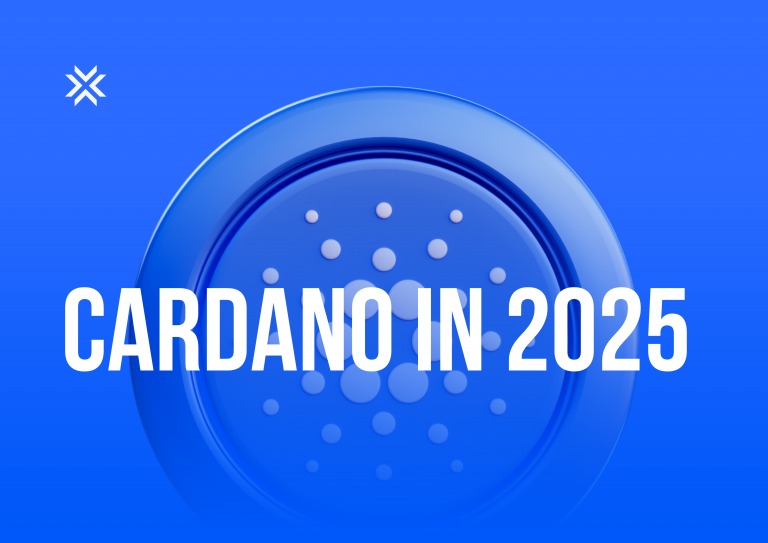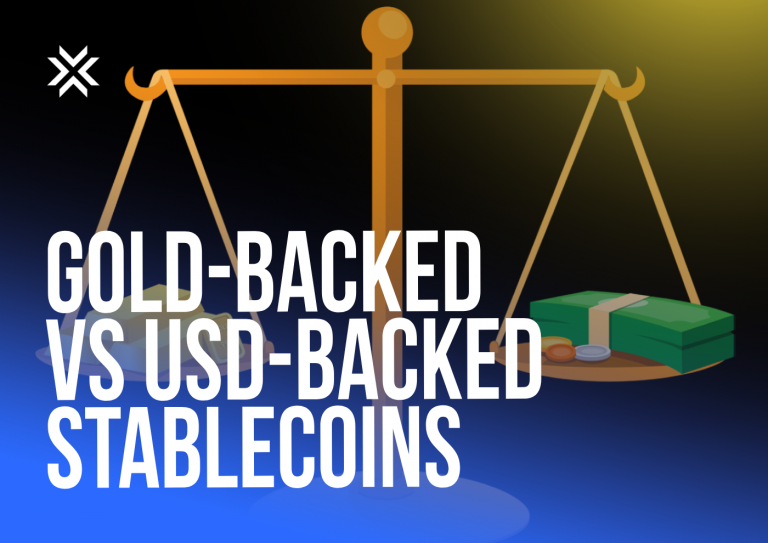A blockchain functions as a digital ledger that records all the transactions on the network. There is no centralized body or government that regulates it. As blockchain technology becomes more decentralized, regulators and investors become more interested in tokenized assets. Tokenization improves the security of digital transactions by minimizing the exposure of sensitive data. Recent advancements in decentralized finance and blockchain systems have continued to expand the field of tokenization, raising particular legal concerns concerning its adoption.
What do you understand by a token?
To begin, keep in mind that tokens are not cryptocurrencies. Tokens are additional programmable assets established on the blockchain, whereas cryptocurrency is built on a single blockchain and becomes an inherent part of it. They come in various sizes and shapes, and their function determines the price.
It must have an underlying value for the token’s marketplace to exist. This value might be based on scarcity or consensus. There are two types of tokens: fungible and non-fungible tokens (one-of-a-kind assets). FinTech companies issue tokens in two ways: ICO (Initial Coin Offering) and STO (Security Token Offering).
Tokenization, an opportunity
Tokenization protects sensitive data and improves the security of digital transactions. It works by replacing sensitive data with non-sensitive data—a token. A token is used instead of personal identifying information during a transaction, but it has enough unique qualities to connect to an individual when verification is required.
The concept of the token is similar to how casino poker chips work. Information and currency are exchanged for standardized, transferable tokens that operate as value units similar to when a customer trades money for playing poker at the casino. These tokens allow for anonymous gaming within the casino’s boundaries at any table. The tokens can be exchanged for currencies at the end of the day.
Tokenization is becoming increasingly popular due to its many benefits, including data security and transactional efficiency. As the global economy becomes more digital, inventors, market participants, and regulators devise novel ways to tokenize assets and control their use.
Why is it necessary to regulate?
Because of the lack of regulatory guidelines and standards, tokens are scrutinized. This scrutinization eventually discourages more cautious investors from investing. A lack of consistency can also detract from market value. Federal regulators and cryptocurrency platform developers alike are presenting different approaches to regulating tokens in the context of digital assets.
While federal regulators like the Securities and Exchange Commission (SEC) have proposed various measures to prevent fraud or harm to investors in token-related cases, crypto developers and market participants have offered their measures. However, they are concerned that overly comprehensive and strict regulatory control may suffocate a culture of collaboration based on trial and error.
Many significant players in the industry have also expressed a strong desire for greater clarity and cohesion. More minor participants are more concerned about the added burdens of higher oversight and reporting obligations.
Conclusion
In the financial technology business, tokenization’s utility and adoption are fast increasing. The SEC and the CFTC are still considering new token regulations. They have indicated that whether a token is deemed security will be determined by whether it is perceived as a traditional security representation. The Fintech community will appreciate regulatory transparency that strikes a balance between innovation and the rule of law.
LCX is rising in the space with the goal of tokenizing everything that can be traded and adding value to the community’s investment portfolio. Regulation, licensing, and registration, LCX launches every product keeping in mind the Liechtenstein legal protocol.









